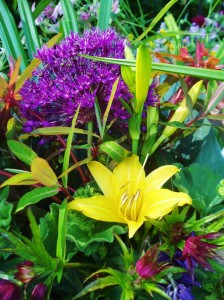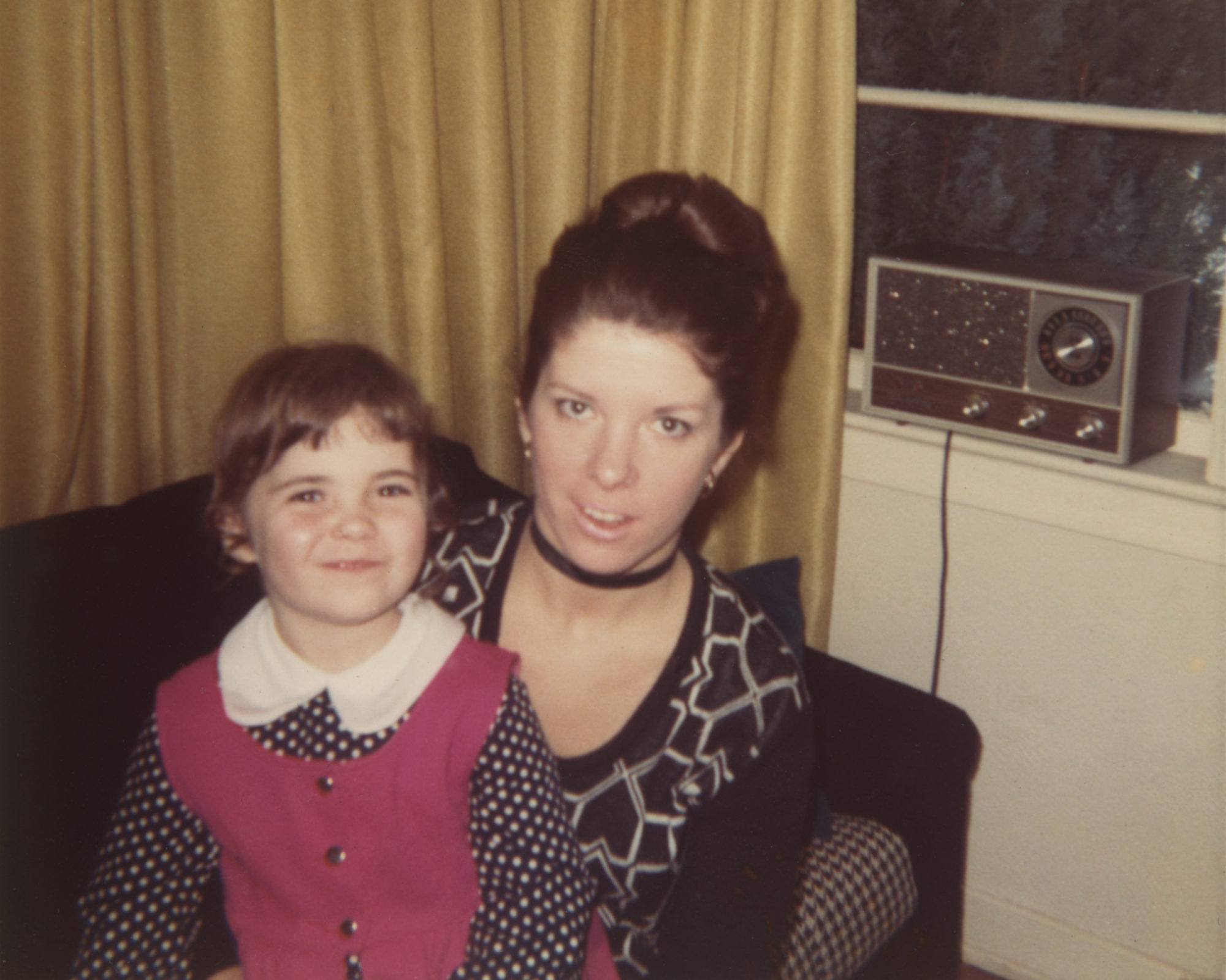 I close my eyes and breathe in the intoxicating scent of lilies and roses. Beside me my son bites into a warm whole-grain cinnamon twist while my daughter jumps and turns to the music of the local band. Not far away, I can hear my partner having a good laugh with a couple we just met from Montreal. This is Quadra Island on market day.
I close my eyes and breathe in the intoxicating scent of lilies and roses. Beside me my son bites into a warm whole-grain cinnamon twist while my daughter jumps and turns to the music of the local band. Not far away, I can hear my partner having a good laugh with a couple we just met from Montreal. This is Quadra Island on market day.
For millennia people have viewed islands as places of retreat, reflection, and regeneration. Poets and artists have revered islands as spiritual centres, where one goes to find one’s muse. They are places where we can step out, step off, and step into ourselves. Most offer sanctity simply because they are so often located outside of society, and this can certainly be said of our own islands out here on the west coast of British Columbia.
Back-dropped by the rugged Coast Mountain Range, Quadra is one of the Discovery Islands, located at the north end of the Strait of Georgia. Covered with lush evergreens, pristine lakes, and edged with both rocky coastline and sandy beaches, it is the largest island of the group.
To get here, we take a short car-ferry ride from Campbell River through Discovery Passage and through history. Captain George Vancouver first dropped anchor just south of the ferry dock in 1792 and called the channel “one of the vilest stretches of water in the world.â€Â These waters had claimed 119 vessels and as many lives until the treacherous underwater peaks of Ripple Rock were blasted away a hundred years ago by the world’s largest non-nuclear peacetime explosion. In the now tranquil passage we have been lucky enough to spot Orcas, seals, otters, sea lions, herons, ravens, eagles, and pods of porpoises numbering over a hundred, and on the island it is not uncommon to see wolves, beavers, or mink. A friend and I have even been lucky enough to see a cougar, from the safety of our moving vehicle.
If you don’t manage to catch a glimpse of these creatures in their natural habitat, you can get a good look at artistic impressions of them in the repatriated potlatch collection at The Nuyumabales Cultural Centre in the village at Cape Mudge or at the carving shed by the water. The little white church nearby also boasts a Bill Reid designed carving of two salmon as a centrepiece.
A must stop for a leisurely walk and a picnic is Rebecca Spit. Given to the community by an early settler whose daughter’s name was Rebecca, it is a destination of many boaters who drop anchor here. The large green annually hosts May Day (on the Saturday after the Victoria Day long weekend) and Canada Day celebrations.
On a hot day, we like to head to Open Bay on the shoreline right across from the spit on the northeast side of the island for a remote beaching experience. Tides are extra low in June and July making it an excellent time to explore what are usually underwater caves and to spot sea cucumbers, octopus, and other creatures caught out by the receding tide. If you cast your eyes out beyond the bay you might catch a glimpse of an island out there, Mitlenatch. It’s name means (according to one translation) “mirageâ€, so if you’re having a hard time seeing it at least you’ll know you’re not alone. It’s a bird sanctuary and tours of this unique habitat can be arranged. At this end of the island there are many excellent hikes featuring panoramic views or Tolkeinesque settings of blue-green lakes and moss covered trees. A trails map can be purchased at the tourist information desk or found here.
The Village Bay Lakes are more accessible, and make for a dreamy paddle in a canoe. You can weave your way through the reed-lined pass or bob along the more expansive waters. If kayaking is more your thing you can push in at the end of Valdez Road and spend a spectacular day on the Breton Islands, renowned for abundant sea life. Outfitters offer a variety of tours as well (and there are a number of them).
If all this is sounding a little too much like an episode from Survivor to you, try out the annual Studio Tour. It’s a great way to catch a glimpse of how islanders live, to see some unique gardens, and to enjoy some remarkable work, from wood prints and iron work, to pottery, glass blowing, and quilting.
The open-air market, where I love to smell the flowers, happens every Saturday morning in the spring and summer in Quathiaski Cove. Dirt Co. offers fantastic deals on locally grown organic flower arrangements.
And survivor or not, you must stop in at the Heriot Bay Inn Pub to witness coastal life as it’s been for decades. Order a Lucky if you want to fit in, or a local micro-brewed ale for a sudsy island treat. Ask any local about the wildlife and you’re bound to hear a good tale. Stay long enough, you’ll likely get a sighting.
